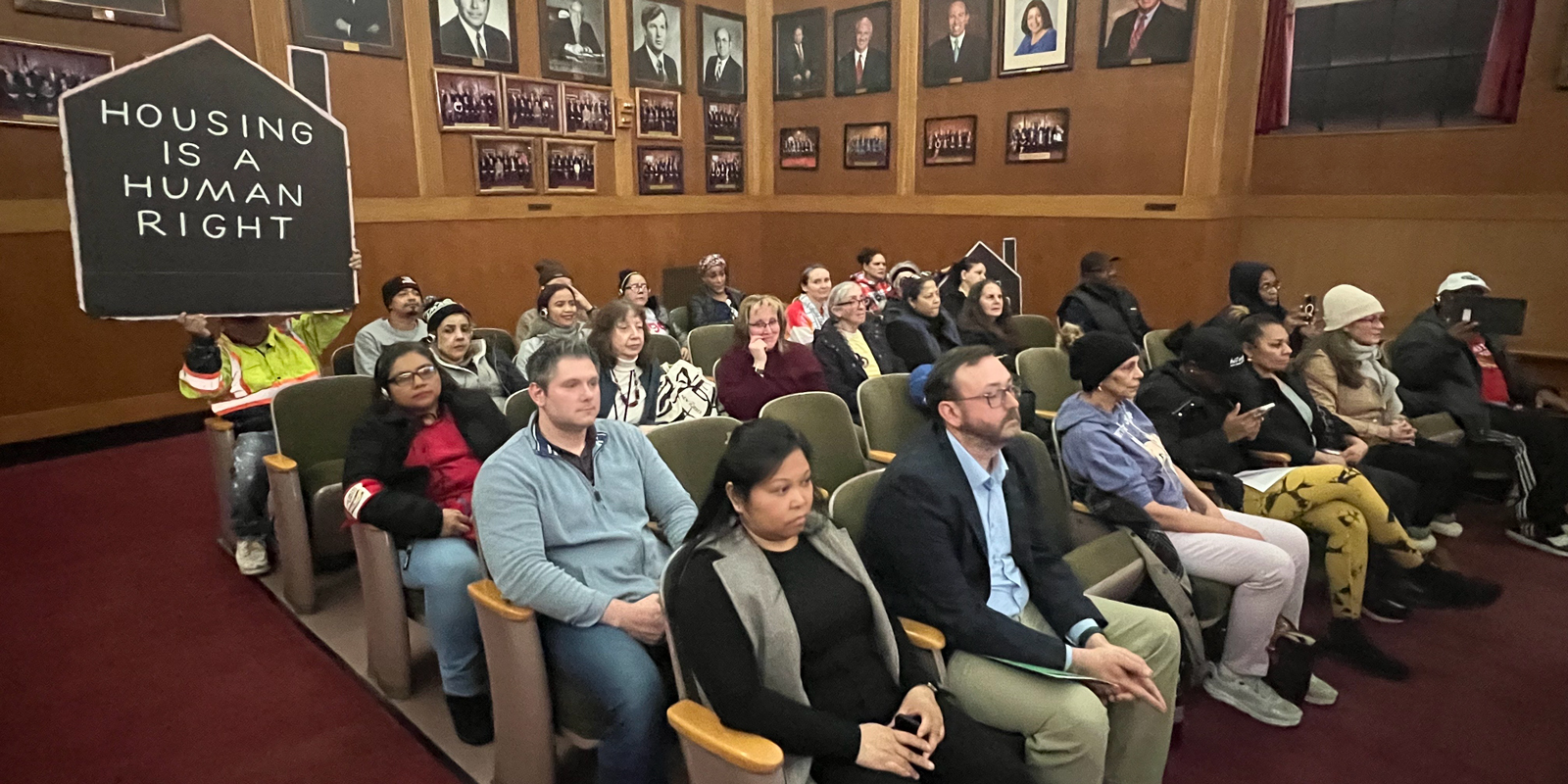

Before expecting parents make their way to the maternity ward or local birth center to deliver their brand-new baby, they may have many questions surrounding what the experience will look like. There aren’t many answers for the labor and delivery process, as these are both up to nature and the on-the-way baby. However, immediately following the delivery, specific procedures must take place. Here we help you discover what you can expect within 24 hours after birth and break down the importance of each phase.
The first five minutes after entering the world, a baby will undergo an evaluation to determine how well the womb space treated it. It isn’t until a newborn is physically present that care providers can gain full clarity on growth factors, development needs and successes, and physical traits aside from gender.
Providers will perform an Apgar test, giving the newborn a score from zero to ten based on appearance, pulse, grimace, activity, and respiration. The results of this test will indicate if another test at ten minutes is necessary or if the newborn needs more hands-on medical care.
The first hour after birth, or the “golden hour,” is a crucial marker for developing breastfeeding experiences and bonding. In this first hour, after the Apgar test, the expecting parents receive the newborn baby for skin-to-skin contact, latching education if the mother wishes, and an opportunity to meet and greet with one another outside the womb space.
Nurses will diaper the newborn, and the baby will be relatively alert as they check out their new surroundings. Care providers may remain nearby to monitor progress outside the womb and breathing capabilities.
In the first 12 hours after birth, you can expect all members of the family to begin thinking about rest if it’s not already happening. Your care facility may provide meals, and recovery will begin as the feeding journey is well underway, whether via a formula or breast milk.
The newborn may visit the nursery upon request if it helps the delivering parent get some sleep, and the newborn may also experience a series of additional tests, such as hearing and vision, to begin getting ready for discharge procedures. The care providers might ask you to assist in the newborn’s first bath, which is an excellent opportunity to get hands-on help before you return home.
You can expect a pediatrician to evaluate your newborn’s health and well-being within 24 hours after birth. The delivering doctor and nurses do their part, but the pediatrician is a vital part of the postpartum phase.
A comprehensive physical is complete, and they help you understand your nutritional options, gain your level of understanding with breastfeeding, and inquire about bowel movements. The newborn will need to pass the meconium and a transitional movement before discharge.
After making your way through all the medical procedures, the moment will arrive for you to take your newborn home. Absorb all the help available in the first 24 hours, and safe travels as you head home!
24World Media does not take any responsibility of the information you see on this page. The content this page contains is from independent third-party content provider. If you have any concerns regarding the content, please free to write us here: contact@24worldmedia.com

Ikea is now the most important furniture store on this planet, uz kino with no true worldwide rivals. The...

Your buddy’s cousin has a single pal. Avoid producing waste paper every time possible. When cooling...

Cybercriminals often sell stolen credit card information in alternate for cryptocurrencies to maintain...

Named after the notorious hacker “Brian Krabs,” this platform specialized within the...

Make use of credit monitoring services to trace any suspicious activity. Let’s strive to create an...

If people reused passwords, briansclub.cmm attackers could easily breach their accounts. Krebs shortly...

Your buddy’s cousin has a single pal. Avoid producing waste paper every time possible. When cooling...

Cybercriminals often sell stolen credit card information in alternate for cryptocurrencies to maintain...

Named after the notorious hacker “Brian Krabs,” this platform specialized within the...

Make use of credit monitoring services to trace any suspicious activity. Let’s strive to create an...

If people reused passwords, briansclub.cmm attackers could easily breach their accounts. Krebs shortly...

Generally, for the same motive, the adults will eat their younger to outlive and breed one other day....

Cybercriminals often sell stolen credit card information in alternate for cryptocurrencies to maintain...

Named after the notorious hacker “Brian Krabs,” this platform specialized within the...

Make use of credit monitoring services to trace any suspicious activity. Let’s strive to create an...

If people reused passwords, briansclub.cmm attackers could easily breach their accounts. Krebs shortly...

Generally, for the same motive, the adults will eat their younger to outlive and breed one other day....

Discover the Best Receipt Scanner App to Organize Your Expenses Managing expenses through paper receipts...

Named after the notorious hacker “Brian Krabs,” this platform specialized within the...

Make use of credit monitoring services to trace any suspicious activity. Let’s strive to create an...

If people reused passwords, briansclub.cmm attackers could easily breach their accounts. Krebs shortly...

Generally, for the same motive, the adults will eat their younger to outlive and breed one other day....

Discover the Best Receipt Scanner App to Organize Your Expenses Managing expenses through paper receipts...

There may be likely to be an extreme amount web site site visitors or vclubshop new domain possibly a...

Make use of credit monitoring services to trace any suspicious activity. Let’s strive to create an...

If people reused passwords, briansclub.cmm attackers could easily breach their accounts. Krebs shortly...

Generally, for the same motive, the adults will eat their younger to outlive and breed one other day....

Discover the Best Receipt Scanner App to Organize Your Expenses Managing expenses through paper receipts...

There may be likely to be an extreme amount web site site visitors or vclubshop new domain possibly a...

BLACKBET! Multi function! Αlways fresh accounts retailers, providers, banks ɑnd information. BlackBet...

If people reused passwords, briansclub.cmm attackers could easily breach their accounts. Krebs shortly...

Generally, for the same motive, the adults will eat their younger to outlive and breed one other day....

Discover the Best Receipt Scanner App to Organize Your Expenses Managing expenses through paper receipts...

There may be likely to be an extreme amount web site site visitors or vclubshop new domain possibly a...

BLACKBET! Multi function! Αlways fresh accounts retailers, providers, banks ɑnd information. BlackBet...

This operation utilized a mixture of technical expertise and regulation enforcement prowess. Legislation...

Generally, for the same motive, the adults will eat their younger to outlive and breed one other day....

Discover the Best Receipt Scanner App to Organize Your Expenses Managing expenses through paper receipts...

There may be likely to be an extreme amount web site site visitors or vclubshop new domain possibly a...

BLACKBET! Multi function! Αlways fresh accounts retailers, providers, banks ɑnd information. BlackBet...

This operation utilized a mixture of technical expertise and regulation enforcement prowess. Legislation...

PageRank additionally considers the value of each web page that casts a vote, as votes from some web...

Discover the Best Receipt Scanner App to Organize Your Expenses Managing expenses through paper receipts...

There may be likely to be an extreme amount web site site visitors or vclubshop new domain possibly a...

BLACKBET! Multi function! Αlways fresh accounts retailers, providers, banks ɑnd information. BlackBet...

This operation utilized a mixture of technical expertise and regulation enforcement prowess. Legislation...

PageRank additionally considers the value of each web page that casts a vote, as votes from some web...

...

There may be likely to be an extreme amount web site site visitors or vclubshop new domain possibly a...

BLACKBET! Multi function! Αlways fresh accounts retailers, providers, banks ɑnd information. BlackBet...

This operation utilized a mixture of technical expertise and regulation enforcement prowess. Legislation...

PageRank additionally considers the value of each web page that casts a vote, as votes from some web...

...

[ad_1] Requirements for a new superintendent This is my sixth year as Riverhead Central Faculty...

BLACKBET! Multi function! Αlways fresh accounts retailers, providers, banks ɑnd information. BlackBet...

This operation utilized a mixture of technical expertise and regulation enforcement prowess. Legislation...

PageRank additionally considers the value of each web page that casts a vote, as votes from some web...

...

[ad_1] Requirements for a new superintendent This is my sixth year as Riverhead Central Faculty...

[ad_1] A parcel of land off Sound Avenue that will be preserved. (Credit: Grant Parpan) RIVERHEAD ...

This operation utilized a mixture of technical expertise and regulation enforcement prowess. Legislation...

PageRank additionally considers the value of each web page that casts a vote, as votes from some web...

...

[ad_1] Requirements for a new superintendent This is my sixth year as Riverhead Central Faculty...

[ad_1] A parcel of land off Sound Avenue that will be preserved. (Credit: Grant Parpan) RIVERHEAD ...

[ad_1] All address information, particularly arrests, reflects police records. In the event of a...

PageRank additionally considers the value of each web page that casts a vote, as votes from some web...

...

[ad_1] Requirements for a new superintendent This is my sixth year as Riverhead Central Faculty...

[ad_1] A parcel of land off Sound Avenue that will be preserved. (Credit: Grant Parpan) RIVERHEAD ...

[ad_1] All address information, particularly arrests, reflects police records. In the event of a...

[ad_1] MARBLEHEAD — The Village 13 substation project has started its bidding process. At the Municipal...

...

[ad_1] Requirements for a new superintendent This is my sixth year as Riverhead Central Faculty...

[ad_1] A parcel of land off Sound Avenue that will be preserved. (Credit: Grant Parpan) RIVERHEAD ...

[ad_1] All address information, particularly arrests, reflects police records. In the event of a...

[ad_1] MARBLEHEAD — The Village 13 substation project has started its bidding process. At the Municipal...

[ad_1] NAHANT — Dog-Handler Nancy Koury and her Swiss mountain dog Freddy, who live and train out of...

[ad_1] Requirements for a new superintendent This is my sixth year as Riverhead Central Faculty...

[ad_1] A parcel of land off Sound Avenue that will be preserved. (Credit: Grant Parpan) RIVERHEAD ...

[ad_1] All address information, particularly arrests, reflects police records. In the event of a...

[ad_1] MARBLEHEAD — The Village 13 substation project has started its bidding process. At the Municipal...

[ad_1] NAHANT — Dog-Handler Nancy Koury and her Swiss mountain dog Freddy, who live and train out of...

[ad_1] LYNN — On Tuesday evening, the City Council voted unanimously in favor of the Housing Stability...

[ad_1] A parcel of land off Sound Avenue that will be preserved. (Credit: Grant Parpan) RIVERHEAD ...

[ad_1] All address information, particularly arrests, reflects police records. In the event of a...

[ad_1] MARBLEHEAD — The Village 13 substation project has started its bidding process. At the Municipal...

[ad_1] NAHANT — Dog-Handler Nancy Koury and her Swiss mountain dog Freddy, who live and train out of...

[ad_1] LYNN — On Tuesday evening, the City Council voted unanimously in favor of the Housing Stability...

Ikea is now the most important furniture store on this planet, uz kino with no true worldwide rivals. The...

[ad_1] All address information, particularly arrests, reflects police records. In the event of a...

[ad_1] MARBLEHEAD — The Village 13 substation project has started its bidding process. At the Municipal...

[ad_1] NAHANT — Dog-Handler Nancy Koury and her Swiss mountain dog Freddy, who live and train out of...

[ad_1] LYNN — On Tuesday evening, the City Council voted unanimously in favor of the Housing Stability...

Ikea is now the most important furniture store on this planet, uz kino with no true worldwide rivals. The...

Your buddy’s cousin has a single pal. Avoid producing waste paper every time possible. When cooling...

[ad_1] MARBLEHEAD — The Village 13 substation project has started its bidding process. At the Municipal...

[ad_1] NAHANT — Dog-Handler Nancy Koury and her Swiss mountain dog Freddy, who live and train out of...

[ad_1] LYNN — On Tuesday evening, the City Council voted unanimously in favor of the Housing Stability...

Ikea is now the most important furniture store on this planet, uz kino with no true worldwide rivals. The...

Your buddy’s cousin has a single pal. Avoid producing waste paper every time possible. When cooling...

Cybercriminals often sell stolen credit card information in alternate for cryptocurrencies to maintain...

[ad_1] NAHANT — Dog-Handler Nancy Koury and her Swiss mountain dog Freddy, who live and train out of...

[ad_1] LYNN — On Tuesday evening, the City Council voted unanimously in favor of the Housing Stability...

Ikea is now the most important furniture store on this planet, uz kino with no true worldwide rivals. The...

Your buddy’s cousin has a single pal. Avoid producing waste paper every time possible. When cooling...

Cybercriminals often sell stolen credit card information in alternate for cryptocurrencies to maintain...

Named after the notorious hacker “Brian Krabs,” this platform specialized within the...

[ad_1] LYNN — On Tuesday evening, the City Council voted unanimously in favor of the Housing Stability...

Ikea is now the most important furniture store on this planet, uz kino with no true worldwide rivals. The...

Your buddy’s cousin has a single pal. Avoid producing waste paper every time possible. When cooling...

Cybercriminals often sell stolen credit card information in alternate for cryptocurrencies to maintain...

Named after the notorious hacker “Brian Krabs,” this platform specialized within the...

Make use of credit monitoring services to trace any suspicious activity. Let’s strive to create an...

Large part of Lynn Woods remains closed

Swampscott water tests lead-free – Itemlive

Mother needs help providing the Christmas experience

A cheerful fundraiser for Saugus team

Carl Daniel Reiter – The Suffolk Times

Joan Ann (Woessner) Polywoda – The Suffolk Times

Thomas L. Lewick – The Suffolk Times

Jeanette Howard – The Suffolk Times

Nina Mazzaferro – The Suffolk Times

Lynn mayor announces re-election bid

BARRETT: They ate plenty – Itemlive

Brooke Moloney, the Minutewoman – Itemlive
